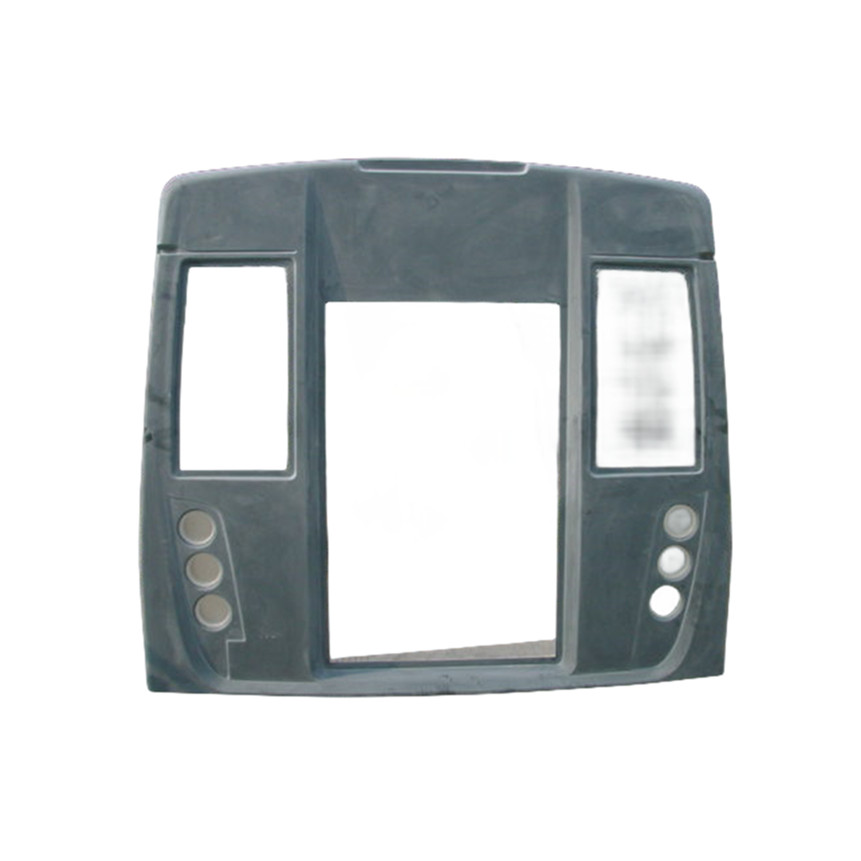frp fender for agricultural machinery
Introduction to FRP Fender for Agricultural Machinery
In the realm of agricultural machinery, the efficiency and durability of equipment are paramount. One critical component that often goes overlooked is the fender. Traditionally made from metal or plastic, fenders play a vital role in protecting machinery from debris, mud, and water, while also enhancing the overall aesthetic appeal. However, the introduction of Fiber Reinforced Polymer (FRP) fenders marks a significant advancement in this area.
What is FRP?
Fiber Reinforced Polymer (FRP) is a composite material made from a polymer matrix reinforced with fibers, typically glass, carbon, or aramid. This combination results in a lightweight yet incredibly strong material that offers numerous advantages over traditional fender materials.
Advantages of FRP Fenders
- Durability: FRP fenders are resistant to corrosion, UV radiation, and harsh environmental conditions, making them ideal for agricultural settings where exposure to moisture and chemicals is common.
- Lightweight: The reduced weight of FRP fenders contributes to overall machinery efficiency, allowing for better fuel economy and easier handling.
- Impact Resistance: FRP materials can absorb impacts without cracking or breaking, providing superior protection for machinery components.
- Customizability: FRP can be molded into various shapes and sizes, allowing for tailored solutions that meet specific agricultural needs.
- Low Maintenance: Unlike metal fenders that may require regular painting or treatment to prevent rust, FRP fenders are virtually maintenance-free.
- Cost-Effectiveness: While the initial investment may be higher, the long-term savings from reduced maintenance and replacement costs make FRP fenders a cost-effective choice.
Applications in Agriculture
FRP fenders are increasingly being used in various agricultural machinery, including tractors, harvesters, and tillers. Their ability to withstand the rigors of farming operations while providing reliable protection makes them an excellent choice for modern agricultural practices.
Conclusion
The integration of FRP fenders into agricultural machinery represents a significant step forward in enhancing the performance and longevity of equipment. As the agricultural industry continues to evolve, the adoption of advanced materials like FRP will play a crucial role in driving efficiency and sustainability. By investing in FRP fenders, farmers and agricultural businesses can ensure their machinery remains protected and operational, ultimately contributing to more productive farming practices.
✧ Product Drawing
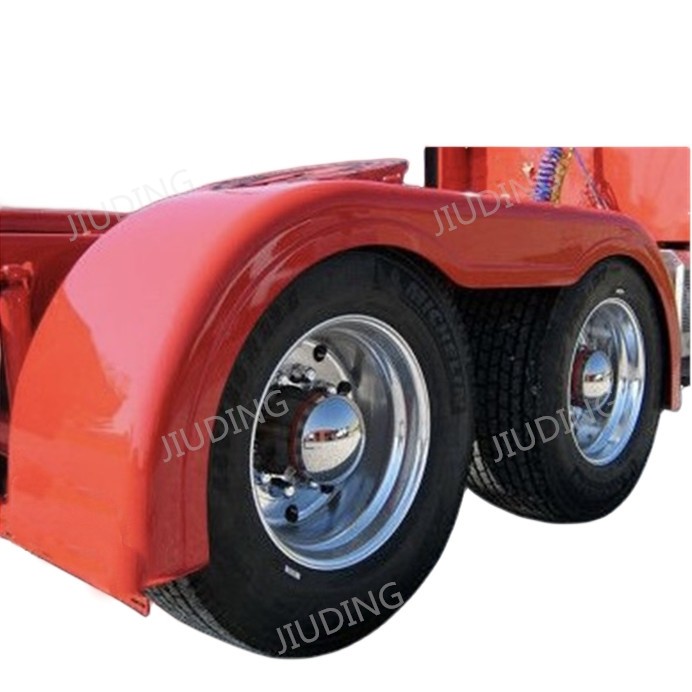
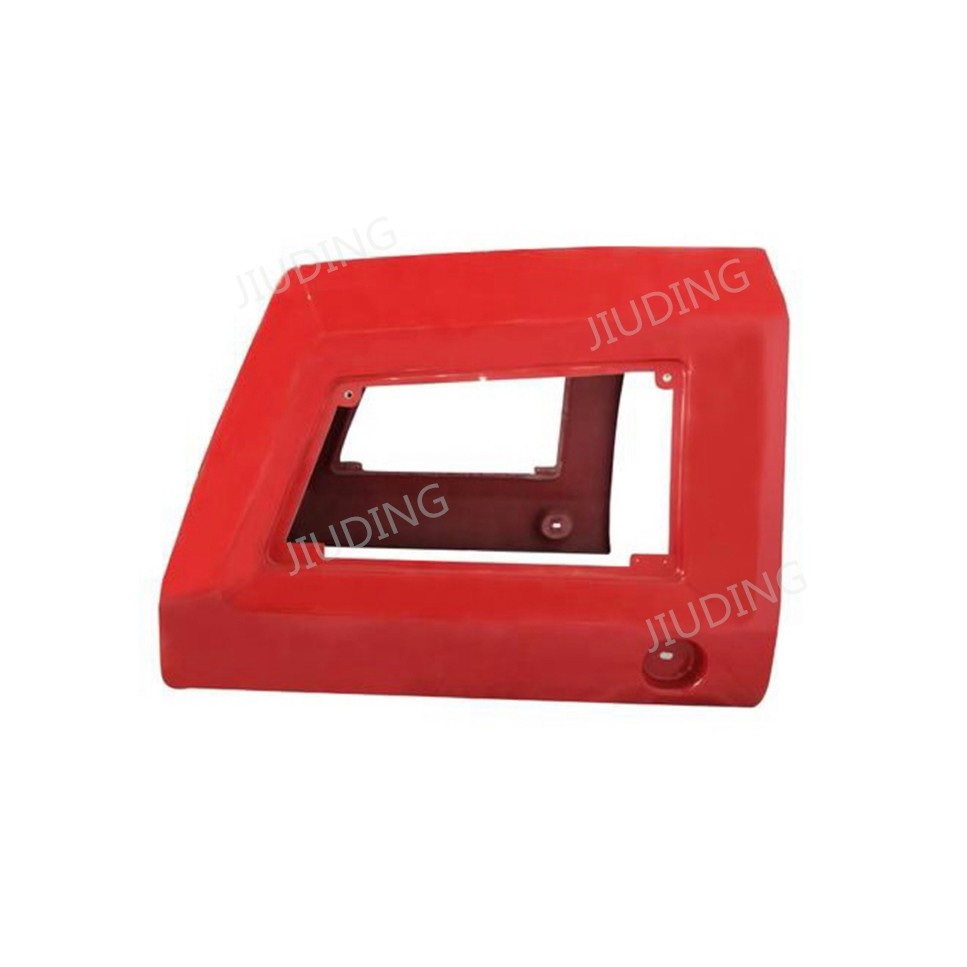
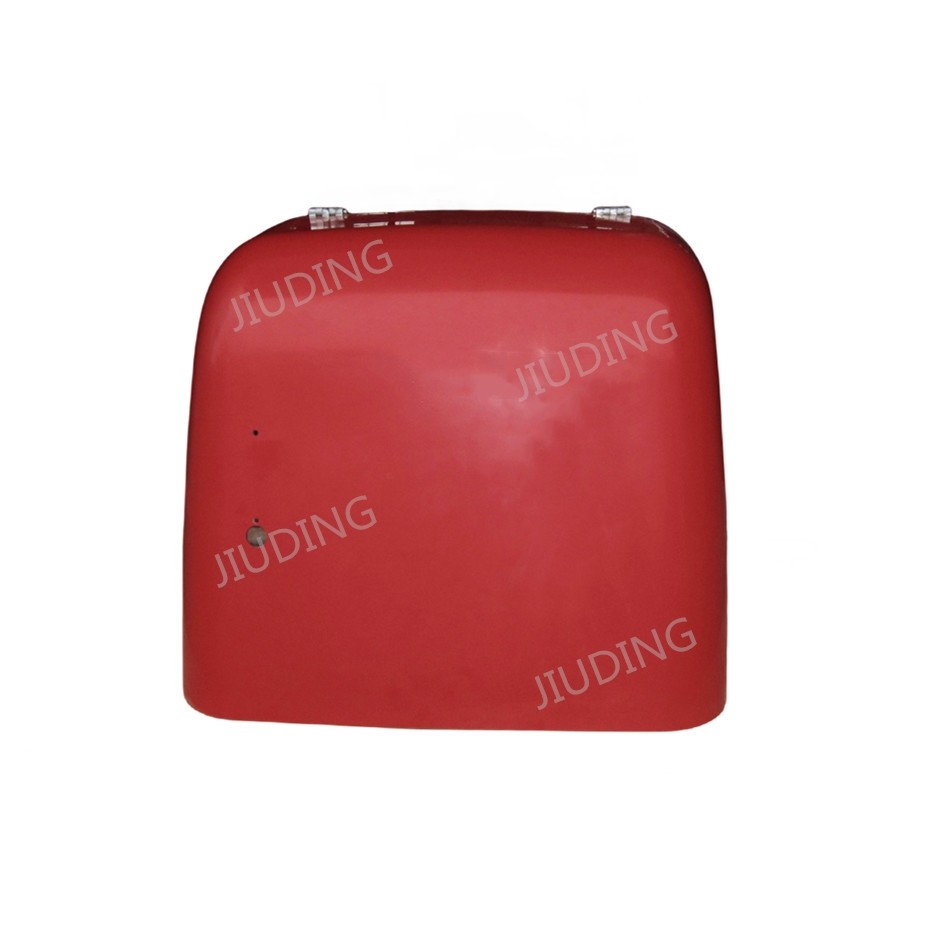
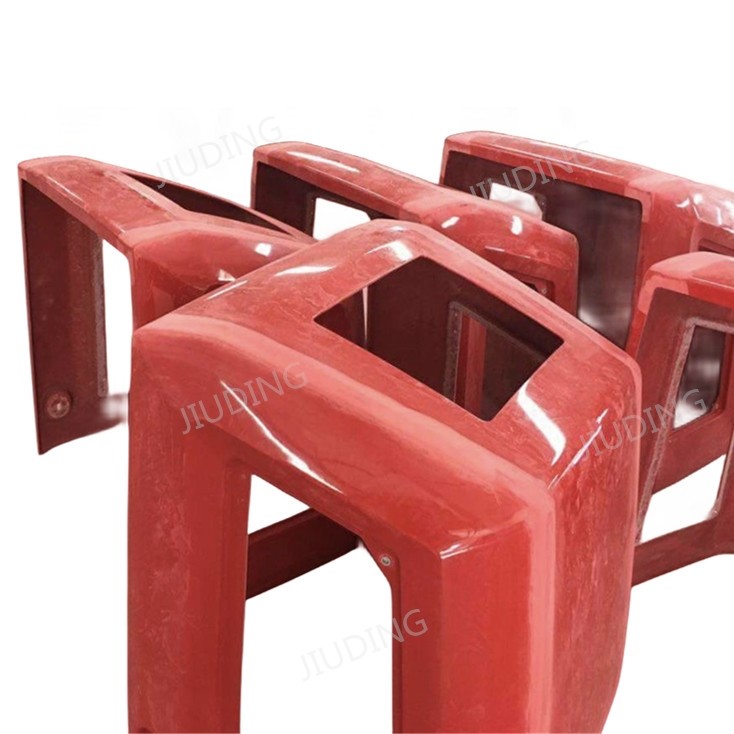
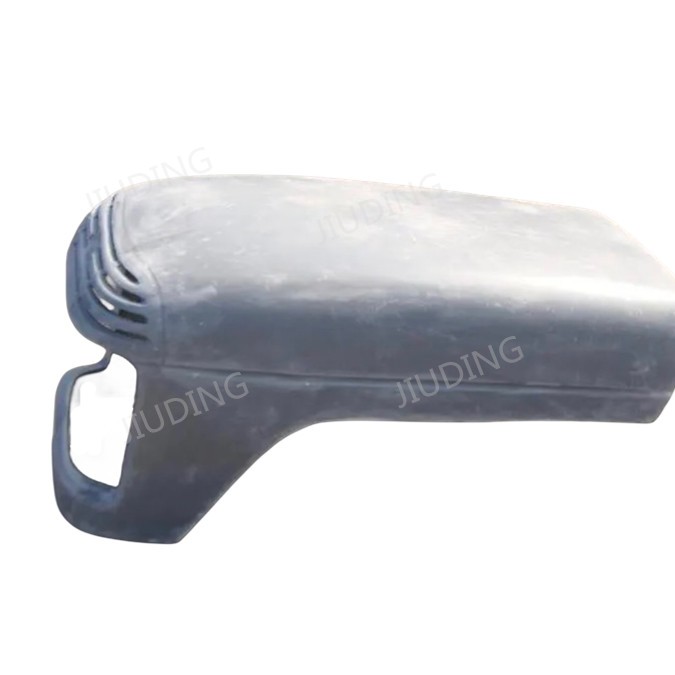
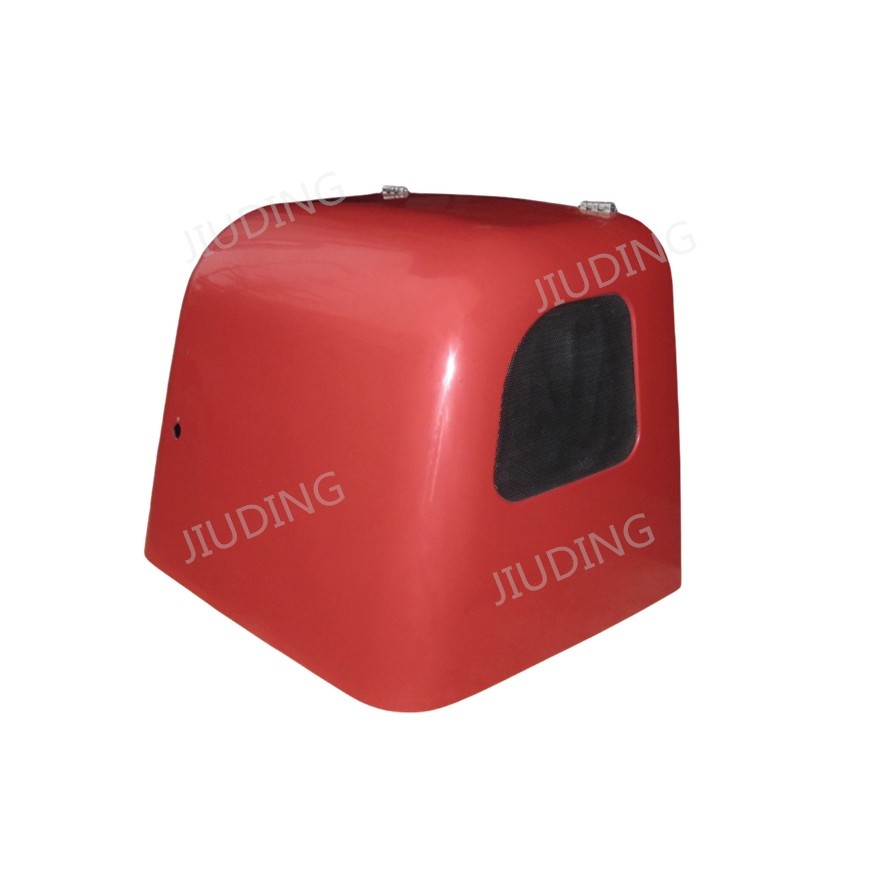
✧ Features
FRP products in the field of agricultural machinery has the advantages of corrosion resistance, high strength, low density, good insulation properties, wear resistance and weather resistance, which can meet the needs of agricultural machinery in harsh environments and improve the performance and life of machinery.







